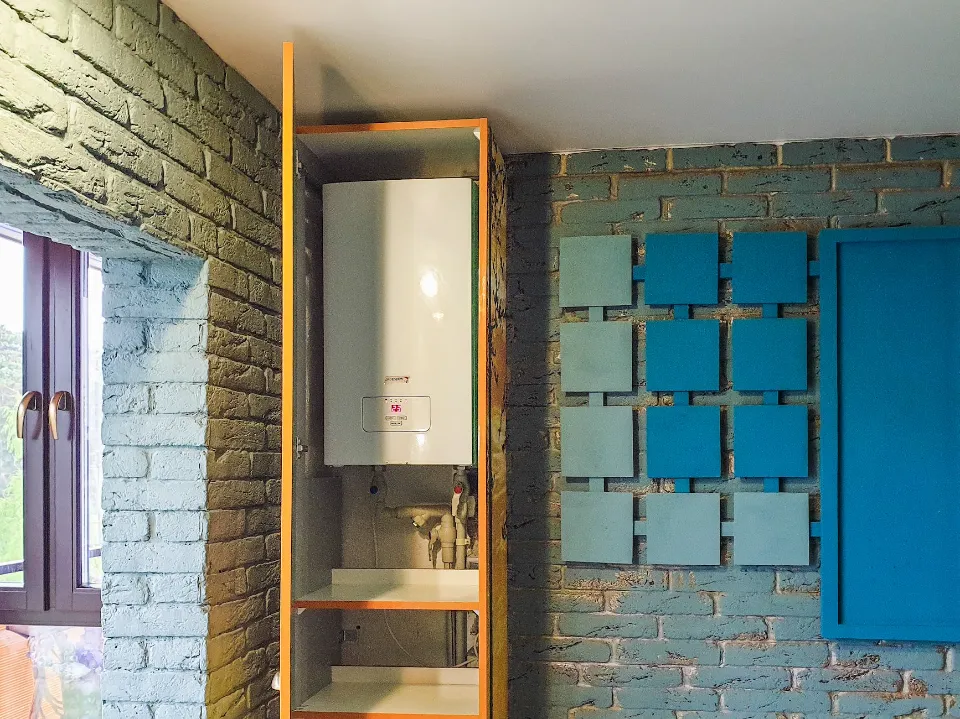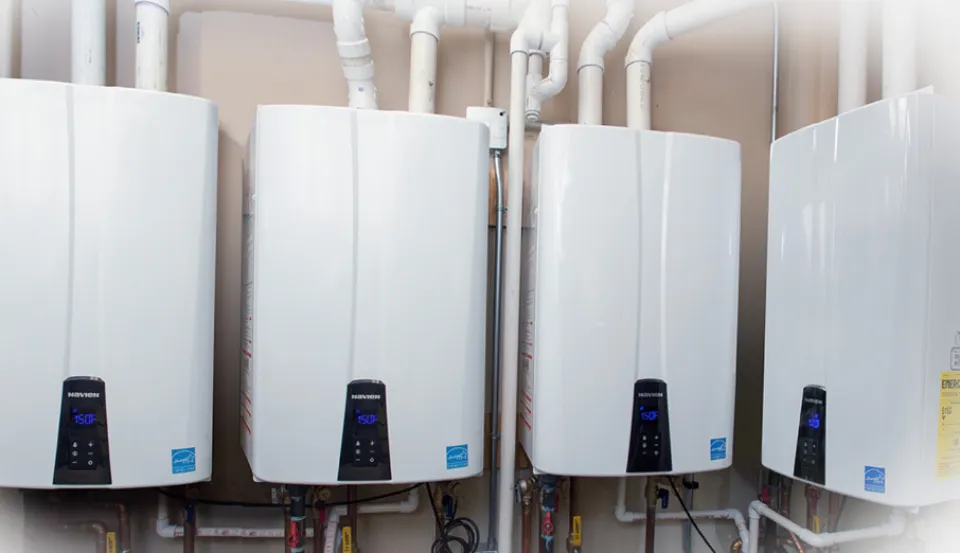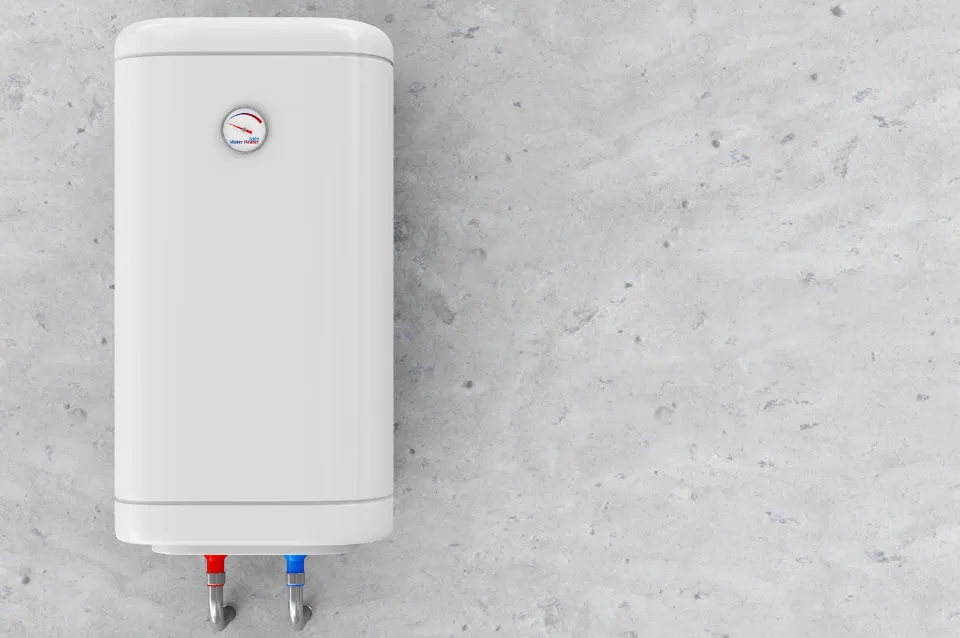
Do Tankless Water Heaters Save Money?
Today’s advice is all about how much hot water you use and how much money a tankless water heater can help you save.
Nowadays, everybody is installing tankless water heaters. They are totally worthwhile and help you save money, which explains why. Whether you choose gas-powered tankless water heaters or electric tankless water heaters, their efficiency will help you save money on your power bill.
We’ll convert those energy efficiency ratings into a monetary amount so you can get a better idea of what to anticipate.
Do Tankless Water Heaters Save Money?
The Department of Energy has calculated how much a tankless water heater will save the typical family in energy costs. To start, according to the Department, a tankless water heater is a 24–34% more energy efficient than a water heater with a tank. This translates into annual cost savings of $108 on average.
This is merely average. A few different factors could significantly increase your savings. As an illustration, you will save more the more expensive your energy is. Additionally, you might save more money than this estimate if you think your family uses more hot water than the average family.
Additionally, tankless water heaters have a lifespan of 20 years rather than 10, which is roughly twice as long as a tank water heater. Your savings could total $2,160 over the tankless water heater’s twenty-year lifespan. This more than covers the cost of the tankless water heater.

The Costs of Energy Efficiency
Tankless water heaters have higher up-front costs, including installation and purchase costs, despite their energy savings. The more complex engineering of tankless water heaters leads to a higher purchase price. According to a Consumer Reports study, some low-end tankless water heaters cost about the same as storage water heaters, while others can cost up to $550 more.
Additionally, installing tankless water heaters is more difficult. Gas tankless water heaters may require additional venting and larger diameter gas supply lines. Additionally, because whole-house electric tankless water heaters consume so much power when they are in use, homeowners may need to upgrade their electrical systems to 200 amps or more.
In the Consumer Reports study, these complexities led to installation costs that were from $200 to $700 higher. (If necessary, upgrading the electrical system may significantly increase these costs.)
However, the payback period may be lengthy: 22–27 years for a gas tankless heater and 12–20 years for an electric. Tankless water heaters can eventually pay for themselves through energy bill savings. When properly maintained, tankless water heaters can last 20 to 25 years, which is typically more than storage heaters. So they can eventually deliver on that savings. However, that is a long wait for only modest net savings.
Is a Tankless Water Heater Worth It?
Yes, a tankless water heater doesn’t necessarily save as much money as some people claim. That being said, improving your home’s energy efficiency and lowering your utility costs may be a crucial component of your overall strategy. For your family, the switch might not be worthwhile.
However, a tankless water heater provides benefits beyond just saving energy. Continue reading to learn more about the additional advantages tankless water heaters can provide for you.
Other Benefits of Tankless Water Heaters

Tankless water heaters offer a few advantages over water heaters with tanks, including:
Longer Life
The first is that, as we already mentioned, tankless water heaters typically last longer—often by a factor of two. A typical storage water heater may have a 6-year warranty and last 8 to 12 years. Tankless water heaters may be warranted for 10 years and last for 20 to 25 years.
Also, most parts in a tankless water heater are replaceable. A tankless water heater may only require a repair for issues that could cause it to fail before its lifespan is up.
Endless Supply
Tankless water heaters end the problem of running out of hot water, with one significant exception. There won’t ever be a shortage of hot water for your family to use during the day, and there won’t ever be a need to wait while the water heater heats more. This could completely alter your morning and evening routines if you have a large or busy family.
The flow rate is where there is an exception. Up to a certain amount of water per minute, tankless water heaters can almost instantly heat water. Typical flow rates range from 2 to 5 gallons per minute, depending on the size and model. Running your dishwasher, washing machine, and hot shower all at once may exceed that flow rate with some whole-house tankless water heaters, leaving you briefly without enough hot water.
The majority of families find it simple to adjust to the flow rate restrictions and they appreciate the limitless supply. A tankless water heater with a higher flow rate is recommended for homeowners who use a lot of hot water at once.
In some homes, it may make sense to install multiple tankless water heaters, including smaller-capacity “point of use” tankless water heaters right next to high-use or remote appliances. This can eliminate the flow rate limitation. Additionally, because less heat is lost through supply line pipes as hot water travels to its destination, it may offer even better overall efficiency — 27% to 50%.
Space Savings
A typical storage water heater has a diameter of two feet and a height of about five feet. A lot of room is needed for it. It might clog up your laundry room, fill up a closet, or, in older homes, make your kitchen look a little unkempt.
Water heaters without tanks are much more compact. They are typically wall-mounted and take up less room. They are simple to conceal, and even when they are, they often have very attractive designs.
Conclusion: is a Tankless Water Heater Right for You?
There’s a lot to consider when choosing whether to switch to a tankless water heater. We are aware that the initial expense associated with a tankless water heater is the main disadvantage for the majority of people. But when you consider the amount of energy savings over time, you’ll realize that your investment upfront will pay you back over time.
FAQs
What is the Downside of a Tankless Water Heater?
A tankless water heater can only heat so much water at a time. The temperature of the water will fluctuate if you use more hot water than the heater can supply, such as when running the dishwasher, washer, and shower all at once.
Do Tankless Water Heaters Use More Electricity?
The EPA estimates that a tankless water heater uses up to 34% less energy than a storage-tank water heater if you use 41 gallons or less of hot water daily. A tankless water heater can be up to 14% more effective if the household uses closer to 86 gallons of hot water per day.


